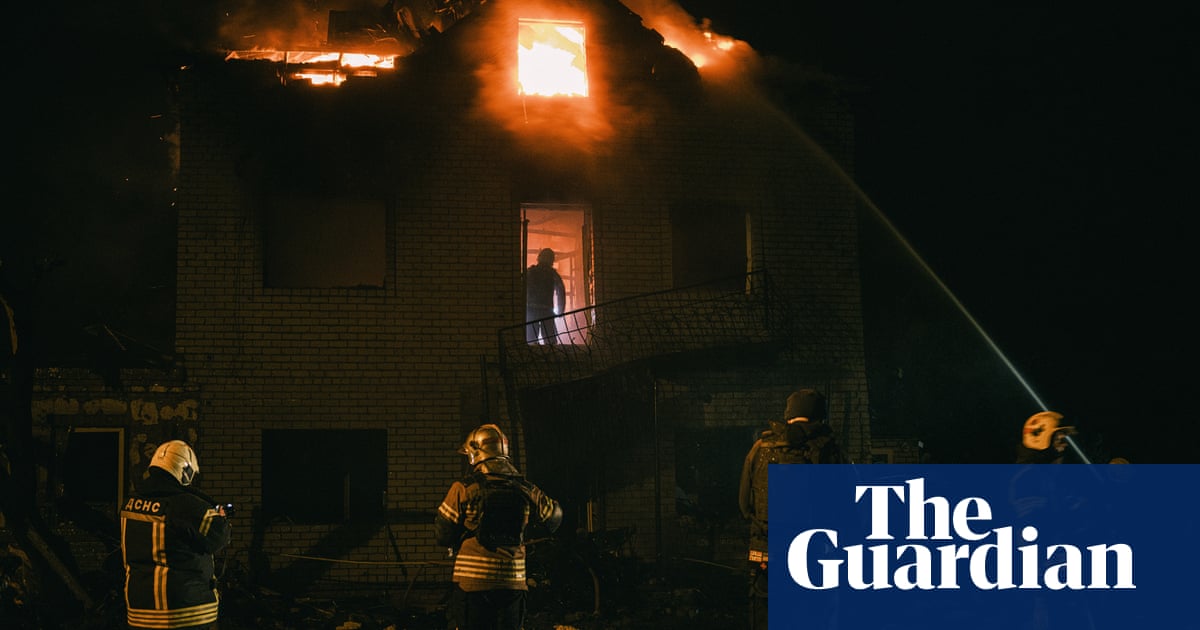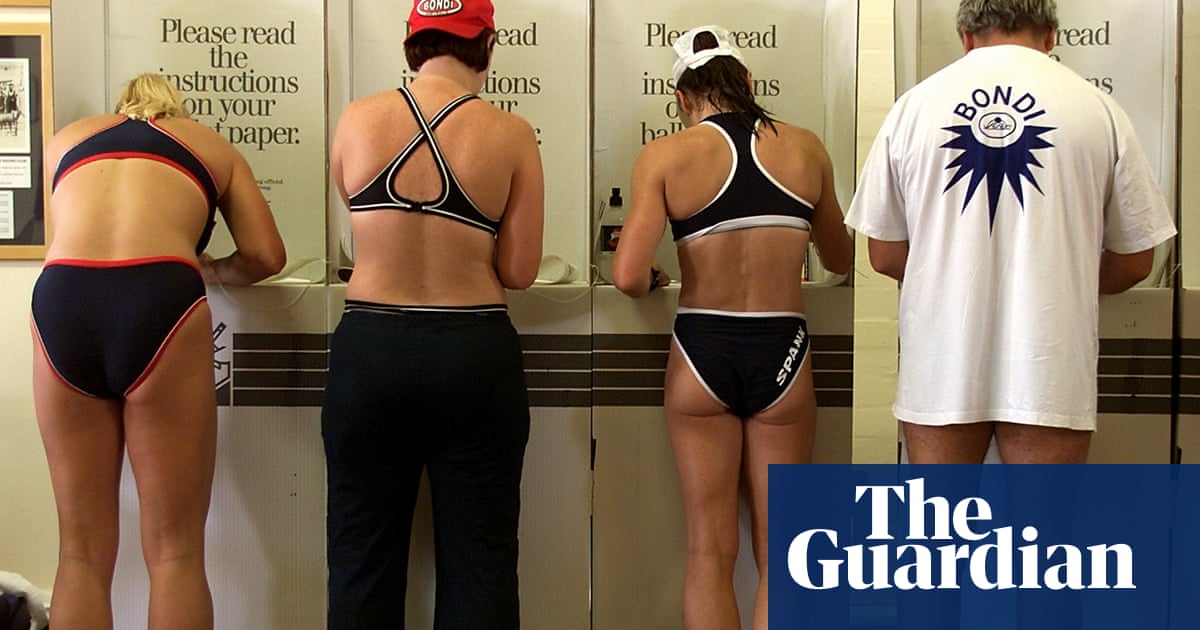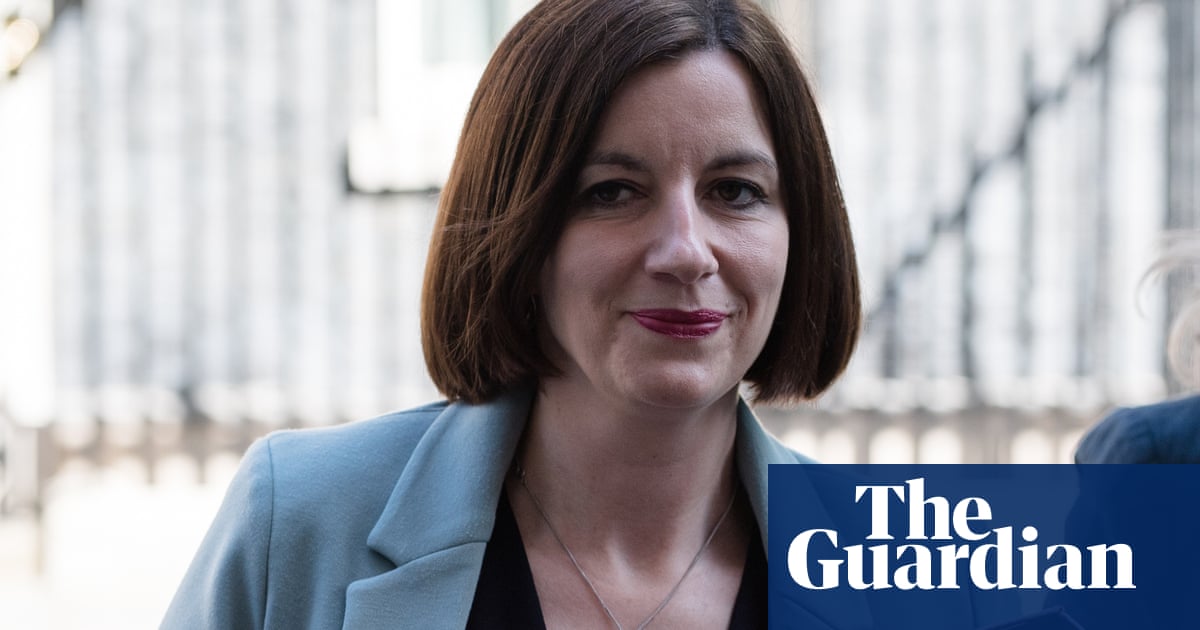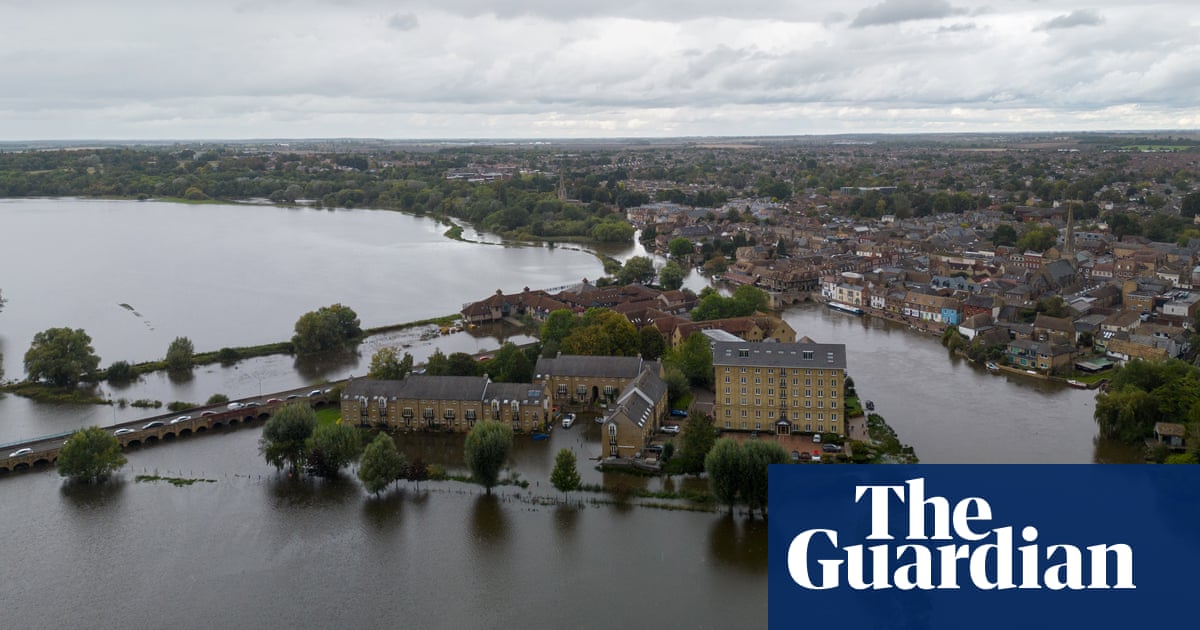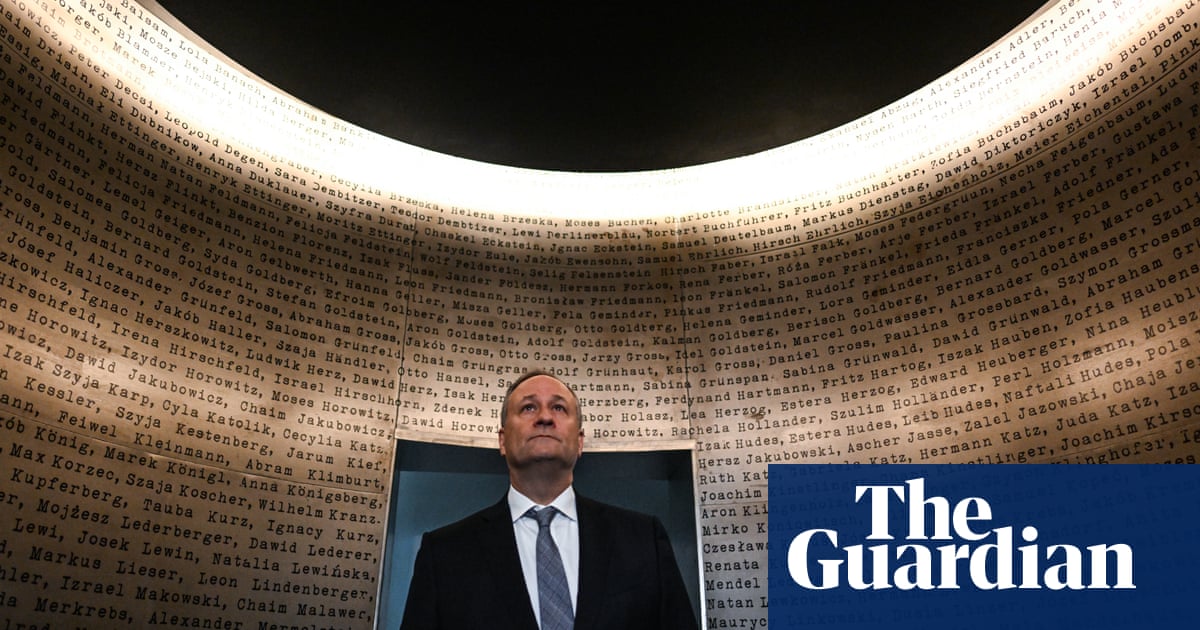Henrik Ibsen’s Icarus-like architect is indubitably the patrician protagonist of his play The Master Builder. The women of that play revolve around him like acolytes, from his obliging wife to an infatuated bookkeeper and, controversially, the romanticised figure of Hilda, who reminds him of “kisses” between them when he was a renowned builder and she just a child.
In Lila Raicek’s modern take, his wife – clever, accomplished and angry – is the fulcrum. Henry Solness (Ewan McGregor) is a “starchitect” and Elena Solness (Kate Fleetwood) is the head of a publishing empire who has arranged a dinner, inviting Henry’s long-estranged student, Mathilde (Elizabeth Debicki), with whom he had a tryst 10 years ago, when the Solness’s young son had just died. Love then was mixed with grief. Now it is reignited when Mathilde reminds Solness of what they meant to each other, retrospectively. “All that grief and all that rapture,” says Solness, as his memories come rushing back.
Directed by Michael Grandage, this is Ibsen-adjacent rather than an adaptation or straight translation. Mathilde is given power and agency: she is a journalist and has written a novel inspired by her affair. There are throwaway references to Norway but the play is set in the Hamptons, with a lovely symbolist set by Richard Kent whose design has flecks of David Hockney in the flat blue sea in the backdrop and a modernist white slatted structure in the foreground which represents the chapel that Henry has rebuilt (it burnt down 10 years ago and took the life of his young son).
This is very much a play about the consequence of infidelity on a marriage, and a wife’s pained rage (Ibsen’s Hilda was apparently inspired by real-life associations he had with younger women). Fleetwood is magnetic as Elena and she eclipses McGregor, who is boyishly earnest in his relationship with Mathilde, despite playing the older man. He seems genuinely in love and does not have the bearing of the narcissist he is supposed to be.

There is not quite the chemistry between Mathilde and Henry either, although both actors are able in their parts. Mathilde’s novel is called Master and there is some effort to evoke psychosexual power dynamics between them, but this does not contain enough heat.
The script reckons with the problematic aspects of Ibsen’s play in many ways but also complicates them. There is talk of Henry’s grooming of the young Mathilde and Elena tries to create a #MeToo moment of public shaming but Mathilde is reluctant to define her experience as such.
The clash between father and son, from Ibsen’s play, is dealt with in passing between Henry and Ragnar (David Ajala), an influencer and rival architect, rather than with Henry’s son. Instead, female camaraderie, treachery and generational difference is explored. Elena’s assistant, Kaja (Mirren Mack), mocks her so-called feminism and Mathilde speaks of how Elena “slut-shamed” her after her affair with Henry, while Elena herself mocks the younger women for all their talk about agency and power. A debate around the good/bad feminist is opened up in their judgments of each other but it sounds rather conceptual.
The play is full of plot, especially in Elena’s many machinations. There are moments of great intensity, mostly in the scenes featuring Fleetwood, and real candescence to the writing at its best. The focus on the women is interesting and intriguing, even though it means Henry feels rather spare to the drama. This is a story not of genius men building castles in the air for their princesses but of what destruction they wreak in their homes in so doing. Really, it is the drama of The Master Builder’s Wife.
-
At Wyndham’s theatre, London, until 12 July

.png) 3 hours ago
4
3 hours ago
4
